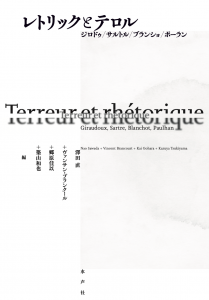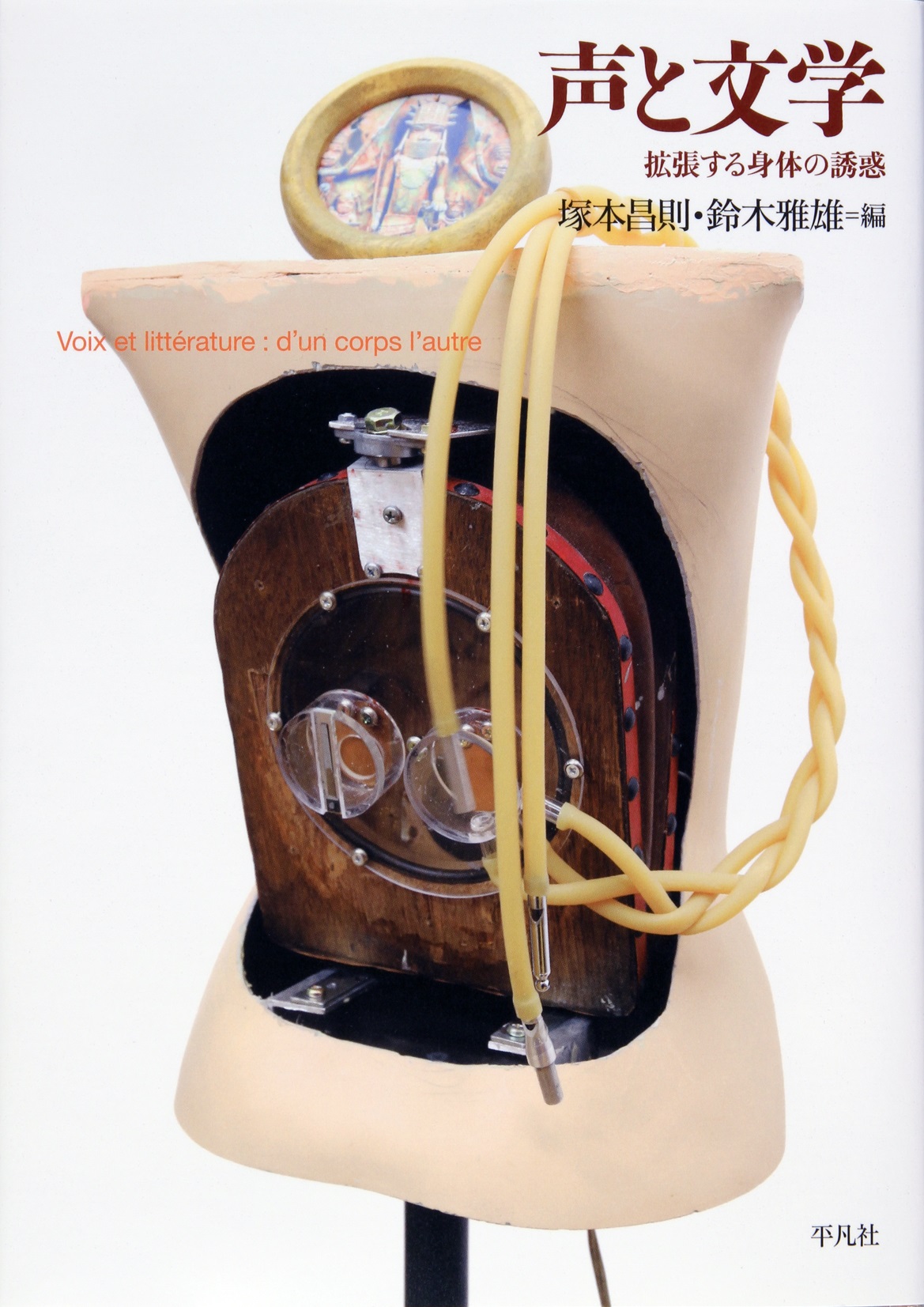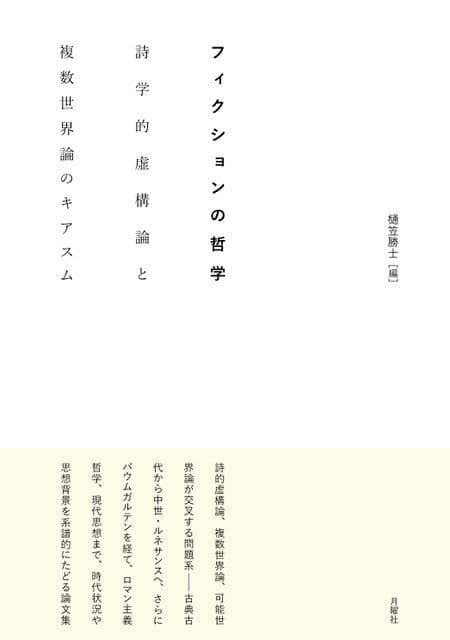
Title
Suichoku no Koe (Vertical Voice: Essays on the Prosopopoeia)
Size
376 pages, A5 format, hardcover
Language
Japanese
Released
April 15, 2016
ISBN
978-4-8010-0163-3
Published by
Suiseisha
Book Info
See Book Availability at Library
Japanese Page
Fiction is a popular genre because it lets us imagine how an imaginary person might speak or behave. In other words, the language of fiction gives a face and voice to an absent person. However, is it proper to the language of fiction? In our everyday conversation too, the interlocutor’s talk can evoke the image of a person whom we have never seen. This influence of language is at work even when we read theoretical writings, for example, in philosophical books. This effect, which consists in “summoning someone or something absent and giving it a voice to speak,” is classified as a figure in the domain of rhetoric—prosopopoeial—which means, etymologically, an art to make (poiein) a face or a mask (prospon). One of the famous prosopopoeiae is found in a passage in Crito of Plato where Socrates, to persuade his friend, makes the national law speak by itself.
Bruno Clément (a distinguished specialist on Beckett), who has analyzed a variety of literary and philosophical texts, tries to offer in this book an analysis of various prosopopoeia from ancient times to the present age. Still, this book is not a simple book of rhetoric. It is true that the author takes up the prosopopoeia considered as typical by a pioneer in rhetoric, Pierre Fontanier (Figures of Discourse): Crito of Plato, Confessions of Augustine, Phaedra of Racine, and Discourse on the Arts and Sciences of Rousseau. Clément not only offers a new analysis of these classical prosopopoeiae but also raises the question of why it is that a text requires a prosopopoeia, that is, a presentation of an absent person. This book pursues the mechanism that enables the apparition of an unreal figure to occur incessantly in a novel. As a result, this book shows that the prosopopoeia exceeds the domain of rhetoric, such as a science of beautiful flowers that ornament phrases, and that it is rather a condition of thinking. Our thinking requires not an ornamental expression of which we can dispense, but a figure that is fictional from the beginning.
What then, is such a “figure”? In addition to the classical prosopopoeia, the author reveals the voice of prosopopoeia in various texts from Nietzsche, Heidegger to Sarraute, Beckett, and Blanchot, to demonstrate that the prosopopoeia calls for “the other,” which disturbs the ordinary course of the text. We cannot determine to whom this plural voice belongs. This book suggests that our thinking demands such a call by “the other.”
(Written by GOHARA Kai, Associate Professor, Graduate School of Arts and Sciences / 2018)



 Find a book
Find a book






